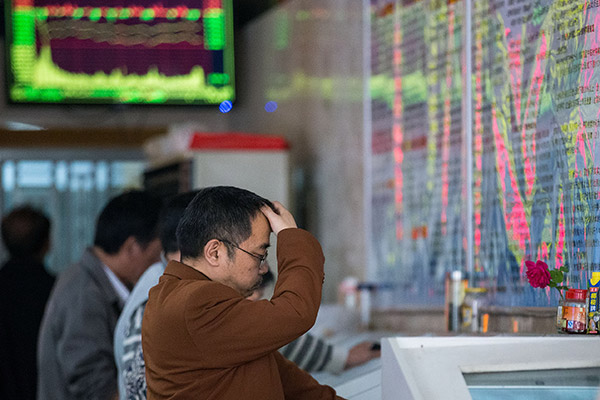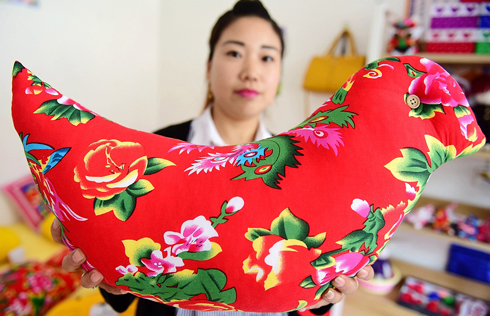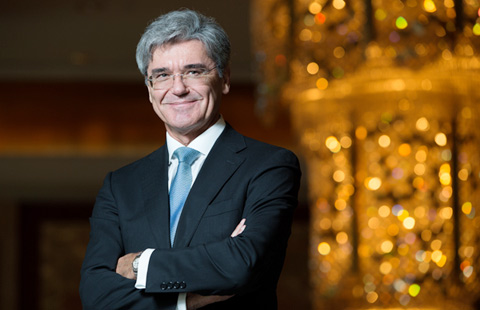Chinese investors pick passive investing for long-term gains
 |
|
Investors check stock prices at a brokerage in Nanjing, Jiangsu. Passive investing tools like index funds are now popular among Chinese investors. [Photo/China Daily] |
Transparency, low commission fee, diversified indexes, low transaction costs are big attractions
Retail investors are increasingly choosing passive investing, preferring options like index funds that track global equity indexes over individual stocks, for yields from long-term growth of a market or a sector.
Experts said features of passive investing appear to appeal to retail investors. Transparency, diversified nature of indexes, low commission fee and low transaction costs make passive investing popular among Chinese investors, they said.
While active investing calls for picking select stocks from among thousands, passive investing involves buying funds that invest in stocks based on compiled indexes.
As indexes are open data, index-based funds are not dependent on fund managers' strategies but overall market performance.
The market value of an index fund could fluctuate wildly in the short term if the larger equity market fluctuates; but, in the long term, yields tend to be stable and significant, as long as the economy continues to grow.
A research note from China Merchant Fund said sectoral index funds such as those focused on consumers goods, insurance and State-owned enterprises undergoing reforms are among the best performing ones.
According to data of hexun.com, an investment information portal, the market value of index funds tracking the CSI 300 has gained some 10 percent between May 2016 and May 2017.
The CSI 300 mirrors the performance of stocks of 300 largest companies listed in Shanghai and Shenzhen. The funds' show was consistent with the index's trend.
An index fund tracking Chinese white liquor (baijiu) listed in Shanghai and Shenzhen had gained 23 percent between May 2016 and May 2017.
A research note from Essence Fund said the 23 percent rise illustrates how index funds can help individual investors to diversify their portfolio.
At the same time, if an investor buys an index fund that focuses on a high-growth sector, the yield can easily surpass that of a hybrid of dozens of stocks covering many sectors chosen by small investors themselves, the Essence note said.
Liu Jun, deputy general manager of China Investment Corporation, said that passive investing may become a "mainstream" strategy.
"Compared to long-term growth of the overall market and certain sectors, active investing quite often records lower growth and yields.
"Passive investing encourages patience and sustainable strategies, and the low cost of trading also encourages more investors to join the market," said Liu.
On average, trading cost is about 0.6 percent for index funds, much lower than 1.5 to 1.8 percent for other types of funds.
More fund firms are tapping technologies like artificial intelligence and big data to compile index-based funds using quantitative models. Some are even introducing investment products that track indexes outside China, such as NASDAQ's measures.
For their part, investors appear to relish investing in index funds as it saves time and is worry-free.
"I still remember that two decades ago, my father, who used to invest in the A-share market, would check his pager for stock price updates. For me, it's impossible to track prices of individual stocks as I'm busy at work. So, passive investing allows me to read about market reviews on a weekly basis-after all, it is a long-term strategy," said Xu Zhiwei, 34, an engineer with a shipping company in Shanghai.



















